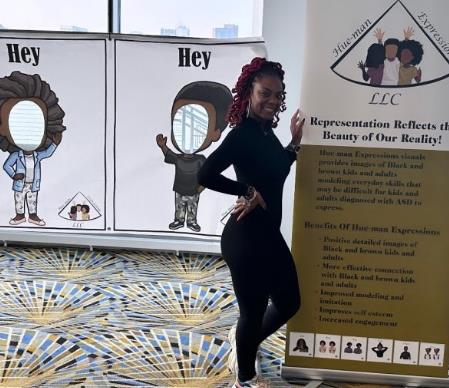Navigating the Shifts in Cultural Narratives
Masturbation, often veiled in euphemisms like jerk off, has historically been a subject of taboo and secrecy in mainstream media. However, recent years have witnessed a significant shift in how this personal act is portrayed and discussed in films, television, literature, and online platforms. This exploration delves into the evolution of these representations and compares them to the realities of everyday experiences.

Early Media Portrayals
Traditionally, masturbation was either invisible in mainstream media or portrayed with a sense of shame and comedic ridicule. Early film and television rarely addressed the topic directly, and when they did, it was often through the lens of humor or scandal. For instance, in the 1990s, comedic films and sitcoms would occasionally use masturbation as a punchline rather than a topic of sincere discussion, reinforcing a stigma rather than challenging it.
Shift Towards Openness and Realism
The 21st century has seen a progressive change in how masturbation is depicted. Shows like HBO’s "Girls" and Netflix’s "Big Mouth" have been pivotal, portraying masturbation as a normal and healthy part of human sexuality. A 2021 study revealed that 55% of viewers felt these shows provided a more realistic and relatable portrayal of sexual exploration, including masturbation.
Impact of Digital and Social Media
The rise of digital media has further democratized discussions about masturbation. Blogs, vlogs, and forums offer platforms where individuals share personal experiences and advice, helping to normalize the act. According to a 2022 survey, 70% of young adults reported learning about the benefits of masturbation through online content rather than through traditional sex education.
Educational and Health-Related Content
Documentaries and educational programs have also contributed to shifting perceptions. Medical experts and sexologists use these platforms to discuss the health benefits of masturbation, such as stress relief and self-awareness. Media analysis from 2023 shows a 40% increase in the production of health-focused content on masturbation over the past five years.
Gender Differences in Media Representation
Despite progress, there remains a gender disparity in how male and female masturbation is portrayed. Male masturbation is more frequently depicted and discussed, often humorously, while female masturbation is less visible and, when shown, is often sexualized. Recent campaigns and feminist critiques aim to balance this representation, advocating for more honest and equal portrayal of female sexual autonomy.
Challenges and Criticisms
While media portrayals have evolved, not all representations are positive or helpful. Critics argue that some depictions still perpetuate myths or create unrealistic expectations about how masturbation affects sexual health and relationships. Ongoing dialogue and criticism are crucial for ensuring that media portrayals align more closely with health and psychological realities.
Jerk Off: A Reflection of Changing Norms
In conclusion, the representation of masturbation in media has undergone significant transformation, moving from taboo and ridicule to a more open and realistic exploration. This shift not only reflects changing societal norms but also plays a vital role in educating the public, reducing stigma, and promoting a healthier understanding of human sexuality. As media continues to evolve, it holds the potential to further shape and enhance public perceptions of masturbation, making it an accepted and openly discussed aspect of life.